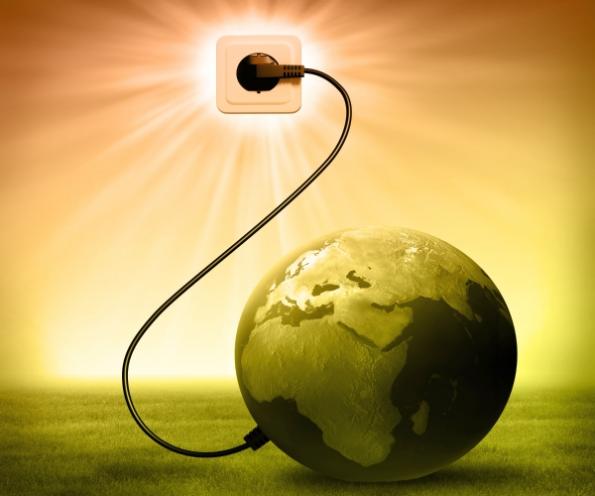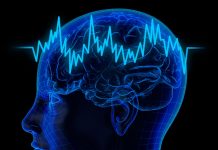Researchers from Lancaster University in the UK patented a new, potentially ground-breaking type of computing technology. Dubbed the “universal computer memory”, it could reduce energy consumption by a fifth, thus responding to one of the most pressing problems of modern computing technology.
According to recent studies, massive use of data is expected to account for a fifth of global electricity consumption by 2025 – thus both accelerating worrying trends such as global warming and reducing the impact of efficient lighting and appliances.
With the invention of the new electronic memory device, however, electricity consumption associated with computing can be reduced by a fifth while simultaneously improving computing power, data access and other essential performance parameters.
Sleeping Between Key Strokes

One key feature of the new type of technology is that it allows computers to go instantaneously into an energy-saving sleeping mode, without any perceptible changes in performances. This would allow for energy saving within intervals as short as the pauses between key strokes, as well as significant economy when the device is not in use for longer periods of time.
Additionally, the new computers would also require no booting up to function, thus eliminating the need for one of the most energy-expensive operations.
The discovery device is the last step in the long search for a “Universal Memory”, an endeavor which has been a priority for scientists for decades.
The quest, however, seemed to be practically impossible at times. Lancaster University physics professor Manus Hayne said: “Universal Memory, which has robustly stored data that is easily changed, is widely considered to be unfeasible, or even impossible, but this device demonstrates its contradictory properties.”
Energy Efficient Data Storing, Writing & Erasing
The inventors relied on quantum mechanics to overcome the choice between stable data long-term data storage and energy-efficient data writing and erasing. Its properties would make it a far more efficient alternative to Dynamic Random Access Memory (DRAM), the current working memory of computers.
DRAM allows fast data writing, but requires high amounts of energy to continuously refresh it and prevent it from being lost. By contrast, flash can store data more energy efficiently, but only allows energy-intensive writing and erasing.
According to professor Haybe, “The ideal is to combine the advantages of both without their drawbacks, and this is what we have demonstrated. Our device has an intrinsic data storage time that is predicted to exceed the age of the Universe, yet it can record or delete data using 100 times less energy than DRAM.”
The device has already received a US patent, with another one pending. Leading tech companies have expressed an interest or are actively involved in the research.






























